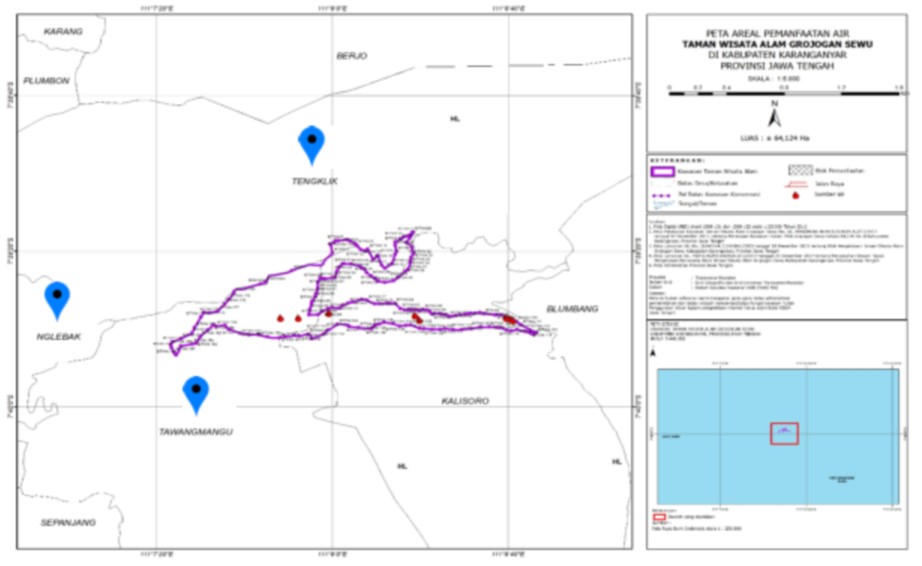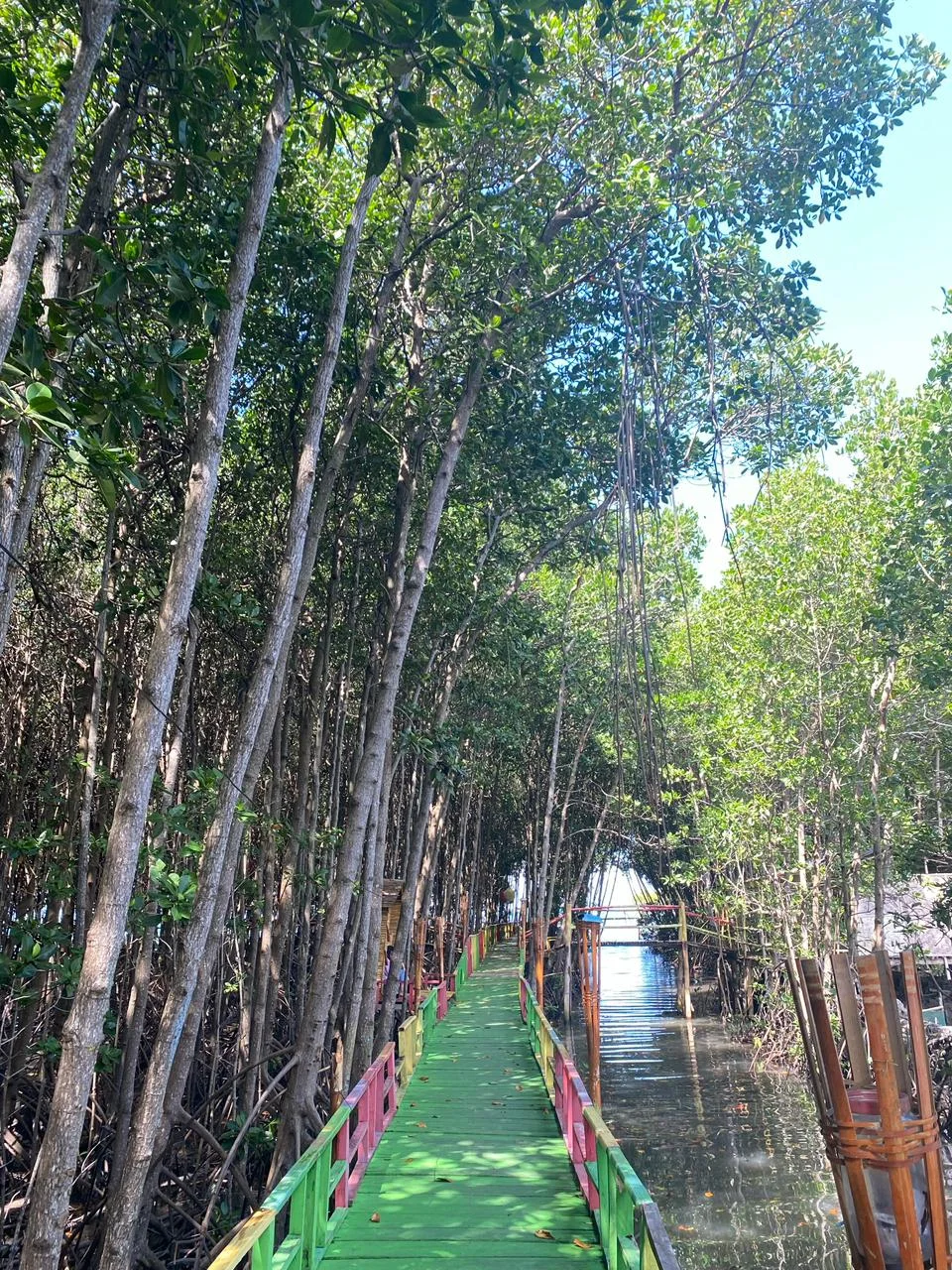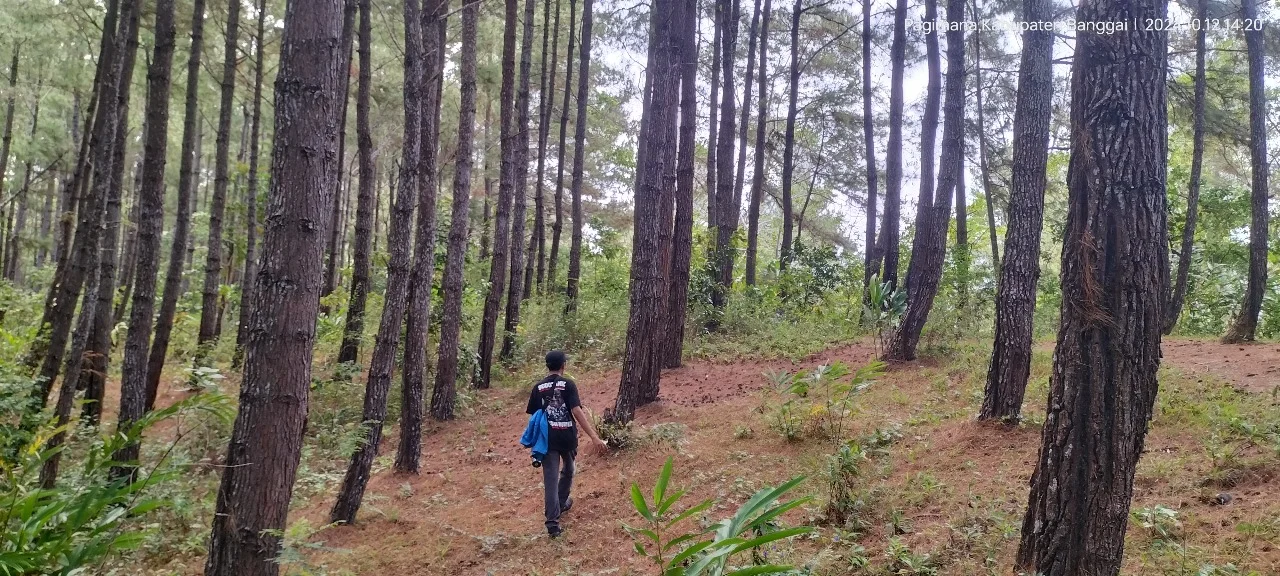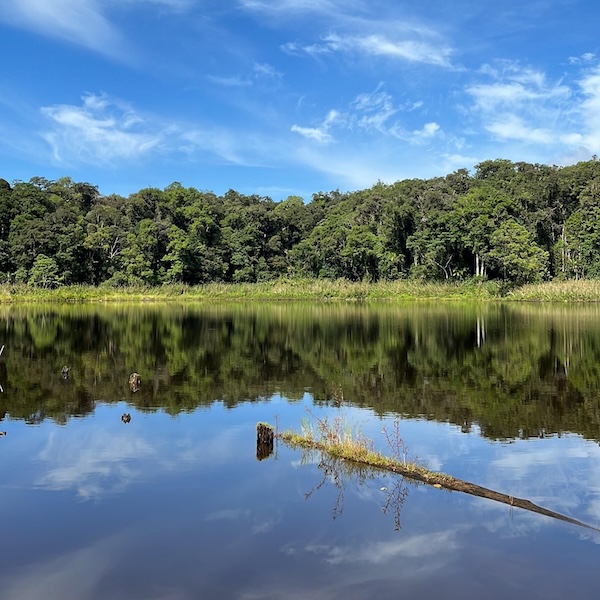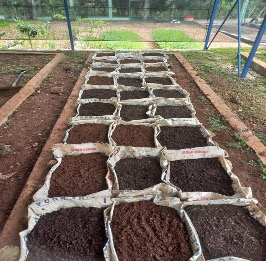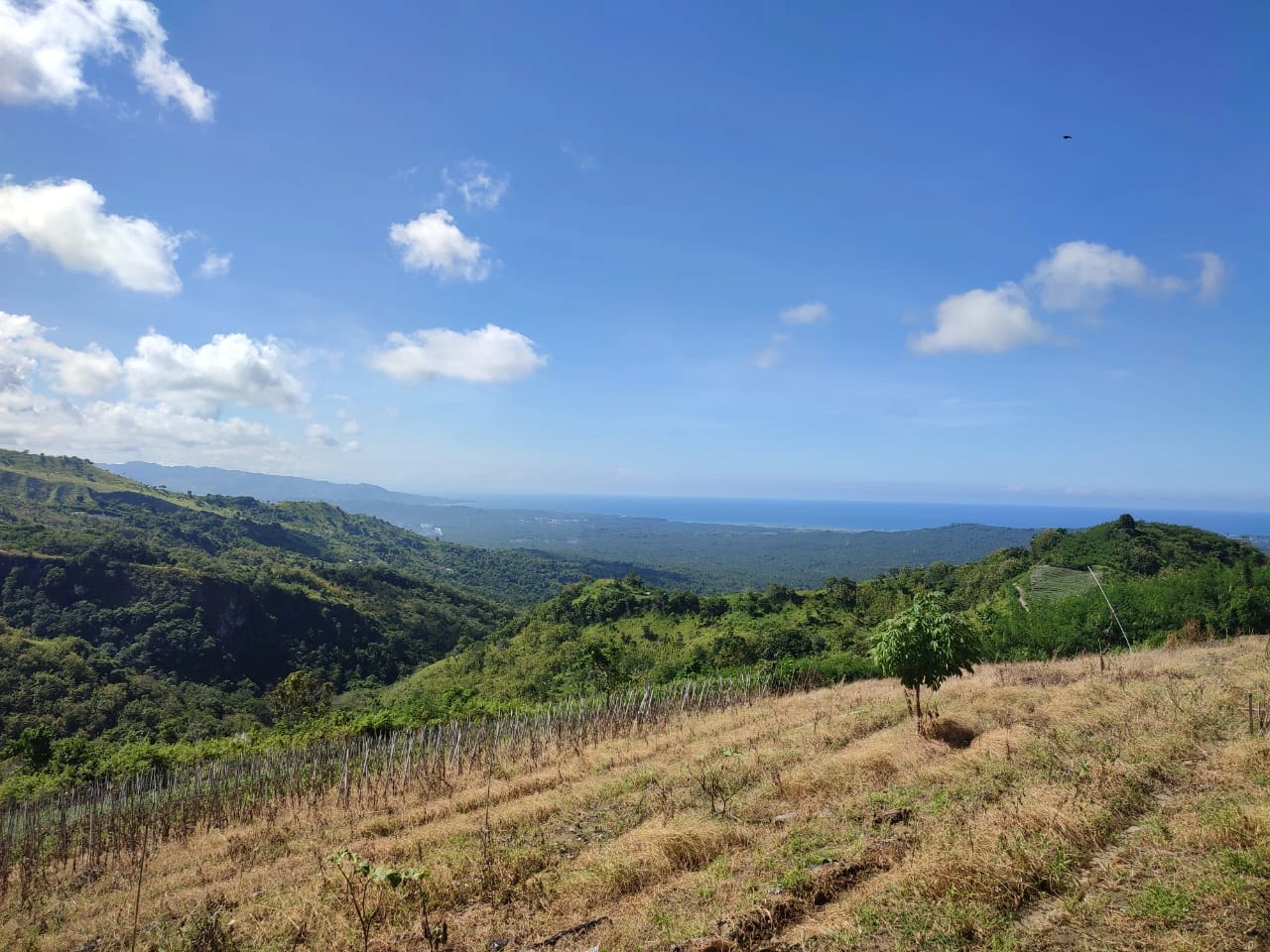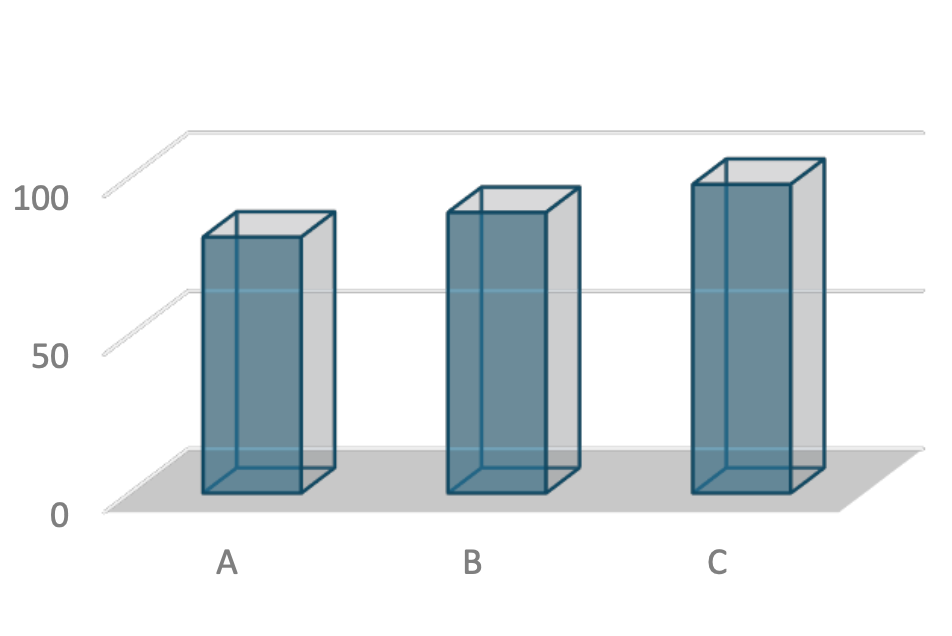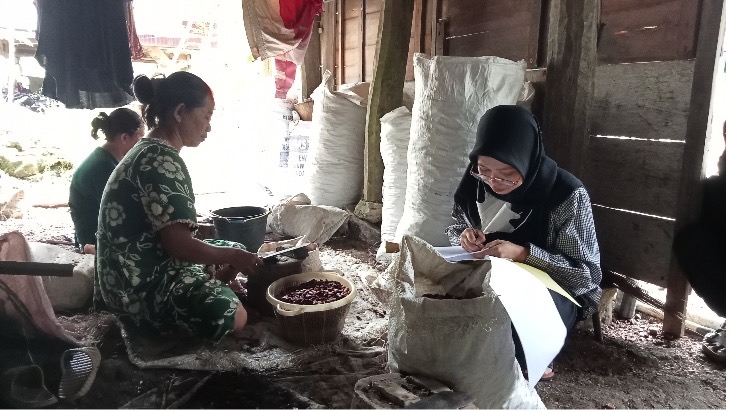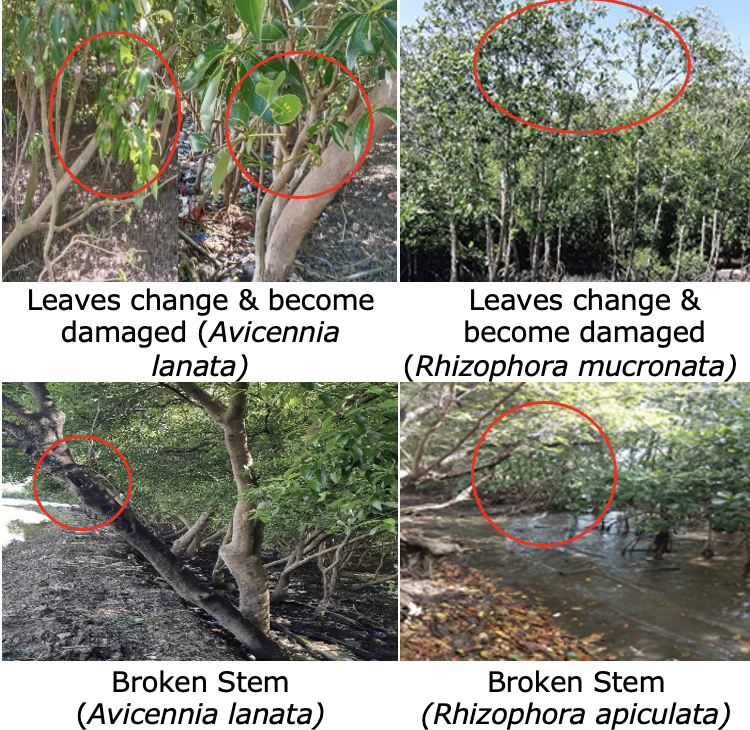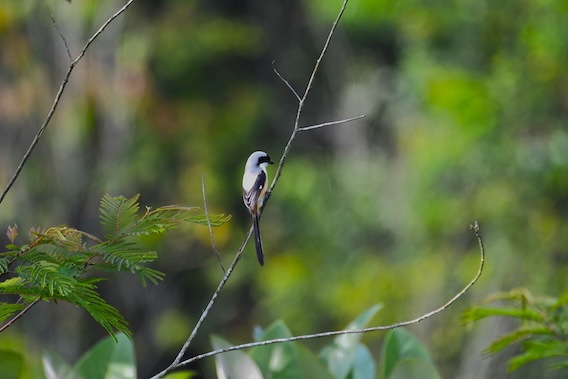Study of Economic Value of Water for Domestic and Agricultural Uses in Grojogan Sewu Nature Tourism Parkwater Conservation
Abstract
The water utilization in Grojogan Sewu Nature Tourism Park has been used by community around it to fulfill their water needs such as cooking and farming. In the other hand, it is presumed that they have still lack of awareness and appreciation about the conservation object. One of the efforts to increase the community awareness for the water conservation in Grojogan Sewu Nature Tourism Park is to inform the economic value of the water they use every day. This study aims to analyze the economic value of domestic water use and agricultural irrigation that has been carried out by the community around the Grojogan Sewu TWA area. The research method used in this research is quantitative and qualitative methods. The results showed that the economic value of the use of domestic water and agricultural irrigation by the community around the TWA Grojogan Sewu area was Rp238,565,600,000/month and Rp7,548,750.00/year. This result shows that the economic value of water utilization in TWA Grojogan Sewu is quite high, although the community is not aware of it. This can be illustrated by the value of the community's willingness to pay for the use of water which is still in the fairly low category, which is only Rp7,687,00/month for domestic water use and Rp6,818.00/month for the use of agricultural irrigation.
Copyright (c) 2022 Jurnal Wasian

This work is licensed under a Creative Commons Attribution-NonCommercial 4.0 International License.
Copyright and License
All articles published in Wasian Journal are the property of the authors. By submitting an article to Wasian Journal, authors agree to the following terms:
-
Copyright Ownership: The author(s) retain copyright and full publishing rights without restrictions. Authors grant the journal the right to publish the work first and to distribute it as open access under a Creative Commons Attribution 4.0 International License (CC BY 4.0).
-
Licensing: Articles published in Wasian Journal are licensed under a Creative Commons Attribution 4.0 International License (CC BY 4.0). This license allows others to share, copy, and redistribute the material in any medium or format, and adapt, remix, transform, and build upon the material for any purpose, even commercially, provided that proper credit is given to the original author(s) and the source of the material

This work is licensed under a Creative Commons Attribution 4.0 International License. -
Author's Rights: Authors are permitted and encouraged to post their work online (e.g., in institutional repositories or on their website) prior to and during the submission process, as it can lead to productive exchanges and greater citation of published work.
-
Third-Party Content: If your article contains material (e.g., images, tables, or figures) for which you do not hold copyright, you must obtain permission from the copyright holder to use the material in your article. This permission must include the right for you to grant the journal the rights described above.
-
Reprints and Distribution: Authors have the right to distribute the final published version of their work (e.g., post it to an institutional repository or publish it in a book), provided that the original publication in Wasian Journal is acknowledged.
For the reader you are free to:
- Share — copy and redistribute the material in any medium or format for any purpose, even commercially.
- Adapt — remix, transform, and build upon the material for any purpose, even commercially.
- The licensor cannot revoke these freedoms as long as you follow the license terms.
Under the following terms:
- Attribution — You must give appropriate credit , provide a link to the license, and indicate if changes were made . You may do so in any reasonable manner, but not in any way that suggests the licensor endorses you or your use.
- No additional restrictions — You may not apply legal terms or technological measures that legally restrict others from doing anything the license permits.
Notices:
You do not have to comply with the license for elements of the material in the public domain or where your use is permitted by an applicable exception or limitation .
No warranties are given. The license may not give you all of the permissions necessary for your intended use. For example, other rights such as publicity, privacy, or moral rightsmay limit how you use the material.
Most read articles by the same author(s)
- Arif Irawan, Illa Anggraeni Anggraeni, Margaretta Christita, Identification Causes Leaf Spot Disease in Cempaka (Magnolia elegans (Blume.) H.Keng) Seedling and Its Control Techniques , Jurnal Wasian: Vol. 2 No. 2 (2015): December
- Arif Irawan, Hanif Nurul Hidayah, Suitability of Cocopeat as a Transplanting Media in the Polytube of Magnolia elegans (Blume.) H. Keng Seedlings , Jurnal Wasian: Vol. 1 No. 2 (2014): December
- Arif Irawan, Iwanuddin Iwanuddin, Jafred Elsjoni Halawane, Fuad Muhammad, Effect of Fruit Maturity and Extraction Treatment on Germination Percentage of Langusei (Ficus minahassae (Teysm.et.Vr.) Miq)) , Jurnal Wasian: Vol. 7 No. 2 (2020): December
- Arif Irawan, Hanif Nurul Hidayah, Growth Comparison of Red Jabon in North Bolaang Mongondow and North Minahasa , Jurnal Wasian: Vol. 3 No. 1 (2016): June

